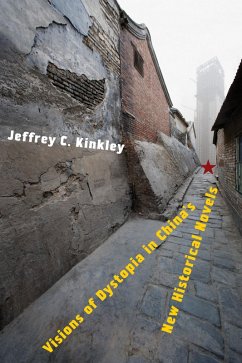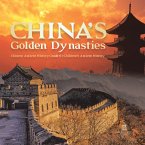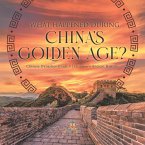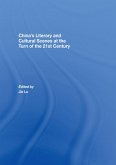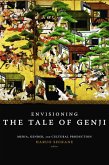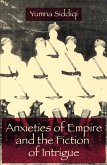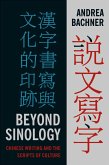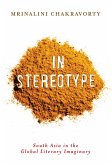The depiction of personal and collective suffering in modern Chinese novels differs significantly from standard Communist accounts and many Eastern and Western historical narratives. Writers such as Yu Hua, Su Tong, Wang Anyi, Mo Yan, Han Shaogong, Ge Fei, Li Rui, and Zhang Wei skew and scramble common conceptions of China's modern development, deploying avant-garde narrative techniques from Latin American and Euro-American modernism to project a surprisingly "un-Chinese" dystopian vision and critical view of human culture and ethics.
The epic narratives of modern Chinese fiction make rich use of magical realism, surrealism, and unusual treatments of historical time. Also featuring graphic depictions of sex and violence, as well as dark, raunchy comedy, these novels reflect China's recent history re-presenting the overthrow of the monarchy in the early twentieth century and the resulting chaos of revolution and war; the recurring miseries perpetrated by class warfare during the dictatorship of Mao Zedong; and the social dislocations caused by China's industrialization and rise as a global power. This book casts China's highbrow historical novels from the late 1980s to the first decade of the twenty-first century as a distinctively Chinese contribution to the form of the global dystopian novel and, consequently, to global thinking about the interrelations of utopia and dystopia.
Hinweis: Dieser Artikel kann nur an eine deutsche Lieferadresse ausgeliefert werden.
The epic narratives of modern Chinese fiction make rich use of magical realism, surrealism, and unusual treatments of historical time. Also featuring graphic depictions of sex and violence, as well as dark, raunchy comedy, these novels reflect China's recent history re-presenting the overthrow of the monarchy in the early twentieth century and the resulting chaos of revolution and war; the recurring miseries perpetrated by class warfare during the dictatorship of Mao Zedong; and the social dislocations caused by China's industrialization and rise as a global power. This book casts China's highbrow historical novels from the late 1980s to the first decade of the twenty-first century as a distinctively Chinese contribution to the form of the global dystopian novel and, consequently, to global thinking about the interrelations of utopia and dystopia.
Dieser Download kann aus rechtlichen Gründen nur mit Rechnungsadresse in A, D ausgeliefert werden.
Hinweis: Dieser Artikel kann nur an eine deutsche Lieferadresse ausgeliefert werden.

